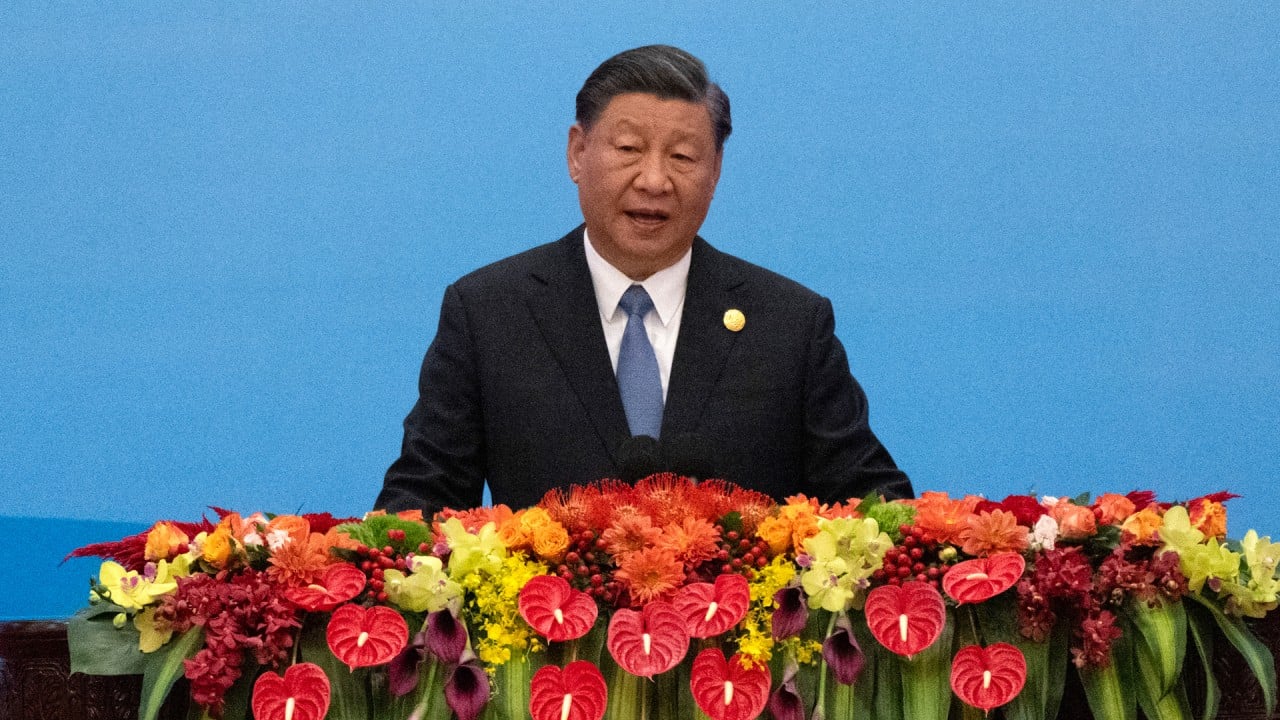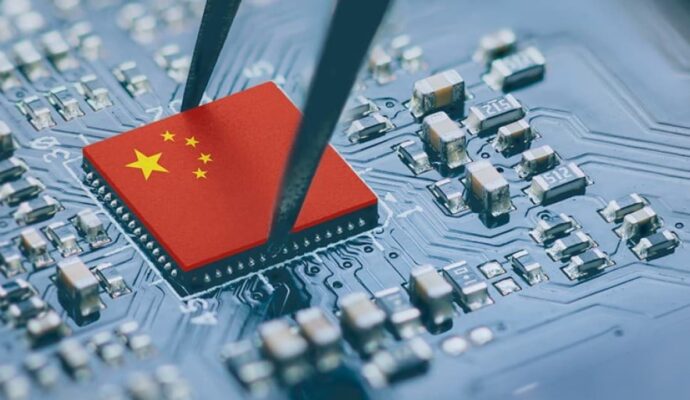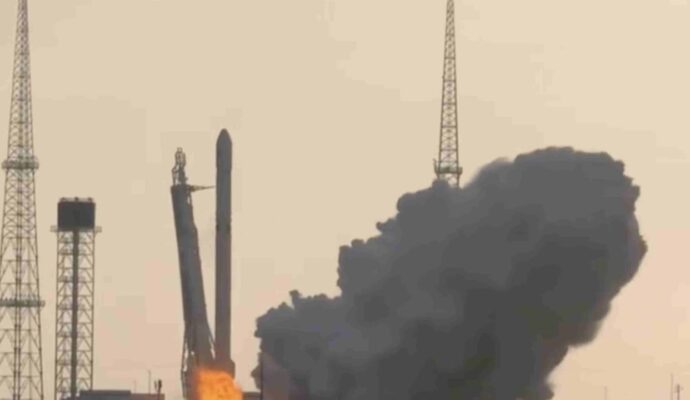“China should use its influence on Russia to [urge it to] immediately and unconditionally withdraw all forces and military equipment from the entire territory of Ukraine,” the EU delegation said.
Moritz Rudolf, a German expert in Chinese governance at Yale University’s Paul Tsai China Centre and a delegate at the summit, said the dearth of European attendees was palpable.
“I attended [the two previous forums] and then you had a strong European presence – almost every single member state had sent a delegation or delivered a speech,” Rudolf said. “This time, you can really feel the absence of Europe.”
In Brussels, the major talking points were of Viktor Orban, the Hungarian prime minister and only EU national leader in attendance, becoming the first to be seen shaking hands with Putin since the Russian invasion of Ukraine.
A number of EU member ambassadors raised concerns during a meeting on Wednesday about Orban’s decision to skip a European Council videoconference on the crisis in Gaza in order to attend the summit.
“Orban openly ditching our EU and Nato allies is absolutely shameful. No other EU leader would meet Putin under such circumstances, and there’s a reason for that,” said Katalin Cseh, a Hungarian member of the European Parliament.
Roderick Kefferpütz, director of the EU office of Heinrich-Böll-Stiftung, a think tank linked to the German Green Party, said the imagery of Putin and Xi sharing a stage in Beijing should not be lost in Europe.
“We in Europe should be under no illusion that Putin and Xi share a common agenda: undermine and ultimately replace the current world order,” he said.
‘Highly complementary’: China, Russia lay out plans for regional integration
‘Highly complementary’: China, Russia lay out plans for regional integration
Many observers see the initiative as part of Beijing’s efforts to reshape the world order. Xi touts the belt and road plan as an alternative to Western-led development.
David Sacks, a senior fellow with the Council on Foreign Relations, said Xi viewed the initiative as “an important tool for advancing Chinese power and influence amidst intensifying competition with the United States”.
“With US-China competition likely to increase in the coming years, so too will BRI’s value for Xi,” Sacks wrote in an opinion piece on the US think tank’s website on Tuesday.
Meanwhile Imran Khalid, a commentator based in Karachi, Pakistan, wrote in an opinion piece in The Jakarta Post on Monday that the strategy had fostered an “unprecedented bond between China and developing nations”.
He described the initiative as having “paved the path towards a fresh global realignment, and by extension, a novel paradigm of global politics”.
In an opinion piece for Tokyo-based news site Nikkei Asia on Monday, Niva Yau, a non-resident fellow with the Atlantic Council’s Global China Hub, said the whole project inherently carried forward Xi’s “grand ambitions for global leadership”.
“The belt and road white paper that Beijing issued last week is full of critiques of the existing international order, particularly that it is ‘dominated by a few countries’ and has created inequality ‘between developed and developing countries’,” she wrote. “Xi’s notion is that Beijing can offer a unique alternative for countries that feel left behind by in the status quo.”
Additional reporting by Finbarr Bermingham



